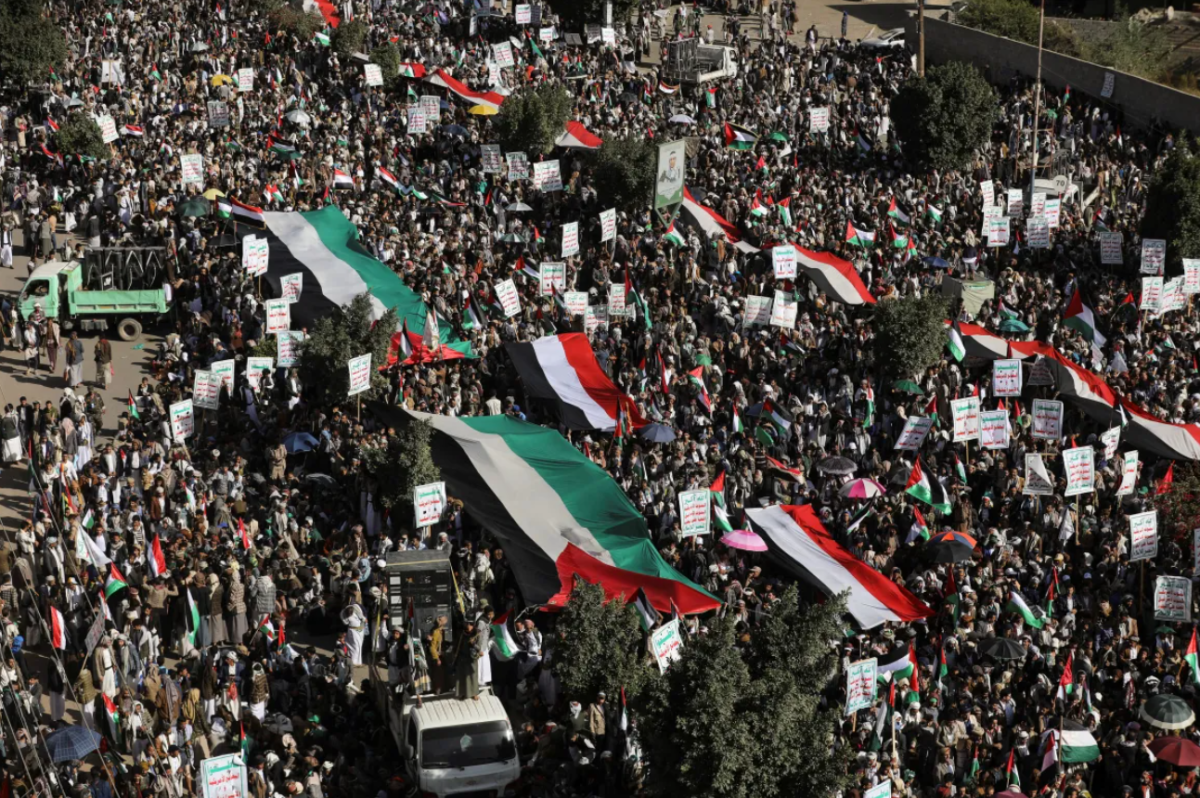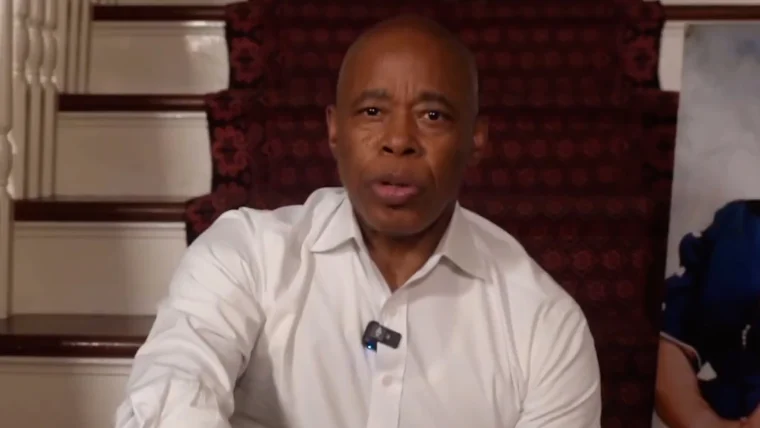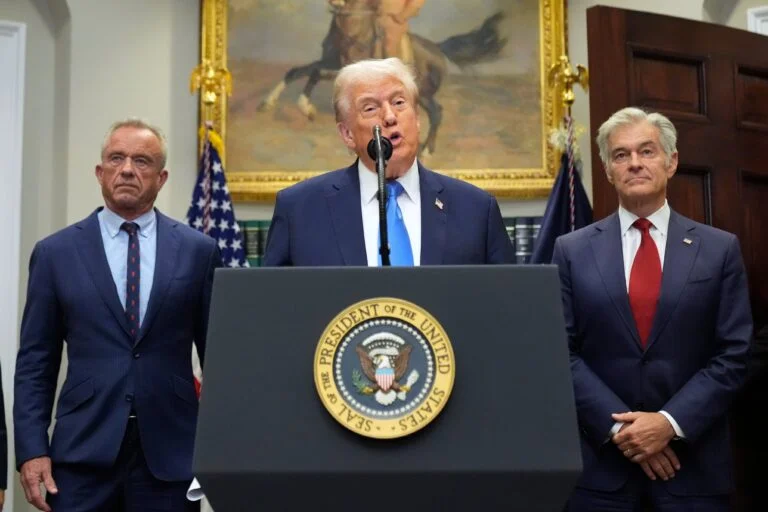Israel and Palestine have intertwined histories, tracing back to the Ottoman Empire and gaining momentum in the late 19th century when the Zionist movement became a reality. In 1948, the State of Israel was established, leading to a shift in the region’s geopolitics. However, this move was met with resistance from the Palestinian Arab population, resulting in decades of territorial disputes, political tensions, and sporadic bouts of violence. The complexities of the Israel-Palestine conflict aren’t simple to understand, with the struggle for self-determination, competing national aspirations and religious considerations continuing to shape the ongoing conflict between these two states. Due to the current state of the region, many are advocating for a ceasefire, Palestinian independence, or the Zionist movement. What many people don’t know is the major political events that led up to present-day Israel and Palestine, and how the backstory of this tragic war furthers peoples’ understanding of the politics behind this conflict.
Ottoman-ruled Palestine lasted over 402 years, starting in 1516 when the Ottoman Turks invaded and occupied Palestine. During Ottoman rule, the capitulations, which dictated the legal standings of foreigners, were treaties signed by the Ottoman Empire (OE) and Christian European powers towards the earlier decades of Ottoman Palestine. These regulated contracts led to European powers having a lot of control over the Ottoman Empire’s government and economy. Since the fall of the Ottoman Empire at the end of World War I control over Palestine was then obtained by the British Empire.
Previous to this, however, the nature of foreign policy in Ottoman Palestine impacted early Zionist settlement there. Up until 1867, no foreigners were permitted to purchase land in Palestine. This was an official policy up until 1856 but was in practice until 1867. In 1881, Jews were allowed to immigrate anywhere in the Ottoman Empire except for Palestine. The Ottoman Empire rejected Zionist immigration to Palestine due to fear of losing Palestine to the Jews, after losing territories to various European Powers in the past. It wasn’t until the Peel Commission that Palestine lost complete control over Jewish immigration.
In 1917, The Balfour Declaration was the British Government’s public statement that announced its support for Israel, a national home for the Jewish people, which turned the idea of establishing a Jewish state into a reality. While this was a victory for Jewish Settlers, this sparked protests by Palestinians who wished for Palestine to be independent from both the British government and the Jewish occupation of Palestine.
After the Balfour Declaration came the Mandate for Palestine in April 1920. Since the Ottoman Empire’s dissolution at the end of World War 1, the British Empire had administration over Palestine and Transjordan until those territories were able to function without the help of the British government or the League of Nations. This mandate also encouraged the British government to enforce the statement made in the Balfour Declaration to make Israel a national home for Jewish people. Many Jews, particularly from Eastern Europe who were fleeing Nazi persecution began migrating to Palestine.
Several riots occurred under British rule over Palestine due to Palestinian nationalists and Zionists both advocating for their freedom. The 1929 riots at the Western Wall were a series of riots that cost a lot of Israeli and Palestinian lives. In September 1928 there was discourse over Jewish religious rights at the Western Wall. At this time, it was a Muslim waqf property and it led to violence in August 1929. This killed 133 Jews and 116 Arabs. This was up to then the worst violence between Jews and Arabs in Palestine in modern times.
The Peel Commission plan was created in July 1937 to grant land to Jews as a Jewish state, which would still be under British mandatory authority. This plan’s objective was to have the end goal of having both a state for Arabs and a Jewish state. Palestinians rejected this idea believing it took away from their political independence. The Jewish population also rejected the idea, disputing the borders proposed by the Peel Commision.
With Britain unable to quell the violence, the question of Palestine was brought before the UN. In 1947 the UN General Assembly passed Resolution 181 in 1947, which advocated for Palestine to be put into two states, one Arab and one Jewish, similar to the Peel Commision’s objective. A year later, in 1948, Israel was officially declared an independent and national home for Jews. The Arab-Israeli conflict happened shortly after due to several armies of the neighboring countries invading Israel; in which Israel won. In 1967, Israel imposed a surprise attack on Egypt just after signing a mutual defense pact with them 5 days prior. Israel had gained control of double the amount of territory that they had in Israel by the end of the war, which still has a profound effect on the geopolitics of the region today.
As Israel and Palestine’s history continues to unfold, the current state of the conflict remains a focal point of international attention and concern. Decades of negotiations, peace processes and diplomatic efforts have yielded varying degrees of success, yet a resolution hasn’t been able to end the conflict. Just Friday, the United States vetoed a ceasefire in Gaza while 13 other countries in the UN voted in favor. The United Kingdom abstained. According to Robert Wood, the deputy U.S. ambassador to the United Nations, the United States vetoed it because it “would only plant the seeds for the next war”. The U.S. allegedly wants a two-state solution but doesn’t want it right away because Hamas doesn’t want a two-state solution. However, other countries are counting on a ceasefire due to the alarming death rates of Palestinian civilians.
The evolving history of Israel and Palestine serves as a reminder of the challenges inherent in resolving deeply entrenched conflicts, underscoring the ongoing need for diplomatic engagement, empathy, and a commitment to fostering a just and lasting peace. Whether you are an advocate, or just interested in Israel and Palestine’s rich history, while witnessing a global event, having resources to educate yourself on the matter is crucial to understanding this war and why it is happening.







